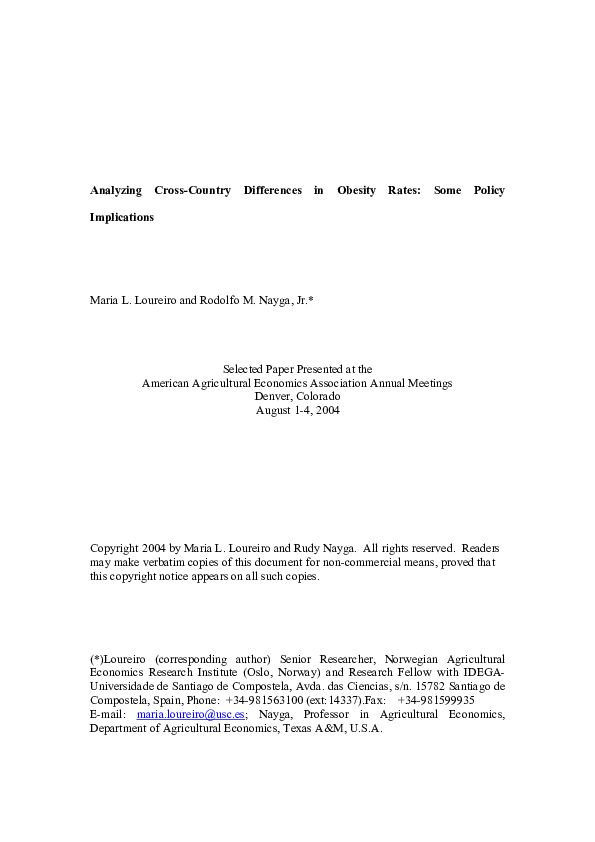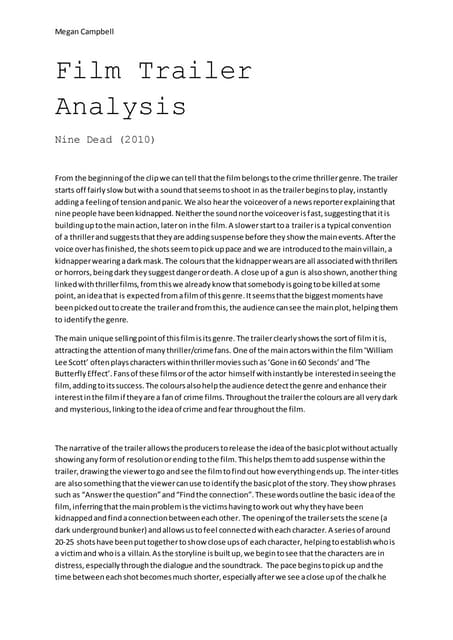Breaking Bread With Scholars: Insights Into Academic Networking And Mentorship

Table of Contents
Cultivating Your Academic Network
Building a robust academic network is crucial for navigating the challenges and celebrating the successes of your career. It's not just about collecting contacts; it's about forging genuine connections that provide support, collaboration, and invaluable opportunities.
Identifying Potential Mentors and Peers
The first step is identifying potential mentors and peers within your field. This requires proactive engagement and strategic networking.
- Attend conferences and workshops: These events offer invaluable opportunities to meet leading scholars, present your work, and learn from others' experiences. Networking events are specifically designed for this purpose.
- Actively participate in departmental events and seminars: Engage in discussions, ask insightful questions, and introduce yourself to faculty and fellow students. This demonstrates your initiative and interest.
- Utilize online professional networks: Platforms like LinkedIn and ResearchGate are powerful tools for connecting with scholars in your field, discovering research collaborations, and keeping abreast of opportunities.
- Seek advice from current professors or graduate advisors: Your existing academic connections can provide invaluable introductions and guidance in identifying suitable mentors and collaborators.
Remember to focus on individuals who share similar research interests and career aspirations. A shared passion for a topic often lays the groundwork for a strong and productive relationship.
Building Meaningful Relationships
Building a truly effective network requires more than just exchanging business cards. It involves cultivating genuine, long-term relationships built on mutual respect and collaboration.
- Engage in active listening and show genuine interest in others’ work: People appreciate being heard and understood. Show a sincere interest in their research and career trajectory.
- Offer help and support to colleagues whenever possible: Reciprocity is the cornerstone of successful networking. Be willing to assist others and offer your expertise.
- Attend informal gatherings and social events: These settings provide opportunities for relaxed conversations and deeper relationship-building beyond formal academic interactions.
- Maintain consistent communication: Regularly check in with colleagues via email, phone calls, or social media, especially after conferences or meetings.
Nurturing these relationships will yield significant long-term benefits, providing access to valuable information, opportunities, and a strong support system throughout your career.
Leveraging Your Network for Collaboration and Support
A well-cultivated network provides access to resources and support crucial for academic success. Collaboration is key to achieving ambitious research goals.
- Seek out collaborators who complement your skills and expertise: Collaboration fosters innovation and allows you to leverage diverse perspectives and skills.
- Actively participate in collaborative projects: Contributing to team-based projects demonstrates your collaborative skills and builds stronger connections.
- Co-author publications and present research findings together: Joint publications enhance your professional profile and demonstrate collaborative success.
- Use your network to find research funding and opportunities: Your network can provide valuable insights into grant opportunities and funding sources.
Remember that effective networking is a reciprocal process. Providing support and assistance to others within your network strengthens the bonds and ensures mutual benefits.
Navigating the Mentorship Landscape
Mentorship plays a pivotal role in academic success, offering guidance, support, and invaluable career advice. Finding and nurturing this relationship requires careful consideration and proactive effort.
Finding the Right Mentor
Choosing the right mentor is crucial. Consider these essential qualities:
- Look for mentors who have successfully navigated similar career paths: Their experience can provide invaluable insight and guidance.
- Consider their personality and communication style: A successful mentorship hinges on a strong rapport and effective communication.
- Seek mentors who are invested in your success: A mentor should be genuinely interested in your growth and development.
Approaching a potential mentor requires tact and preparation. A brief email introducing yourself, outlining your research interests, and expressing your admiration for their work is a good starting point. An informational interview can further solidify the connection.
Building a Strong Mentor-Mentee Relationship
Once you've established a mentorship, building a strong relationship requires clear communication and mutual respect.
- Establish clear goals and expectations: Discuss your career aspirations and what you hope to achieve through the mentorship.
- Schedule regular meetings and check-ins: Maintain consistent communication to ensure ongoing support and guidance.
- Maintain open and honest communication: Be transparent about your challenges and successes.
- Be proactive and take initiative: Demonstrate your commitment to your professional development.
Always express gratitude for your mentor's time and guidance. A thoughtful thank-you note or gesture can go a long way in strengthening the relationship.
Beyond the Formal Mentorship: Informal Guidance and Support
While formal mentorship is valuable, don't underestimate the power of informal guidance and support from senior colleagues. Seek feedback from multiple sources to gain diverse perspectives and broaden your learning experience. This informal network extends the reach of your support system and enriches your academic journey.
Reap the Rewards of Academic Networking and Mentorship
Building strong academic networks and establishing meaningful mentorship relationships are critical for thriving in the academic world. These connections provide invaluable support, collaborative opportunities, and a pathway to career advancement. Effective academic networking and mentorship lead to increased research success, enhanced personal and professional growth, and a more fulfilling academic experience.
Start building your strong network today by attending upcoming conferences and seeking out potential mentors. Embrace the power of academic networking and mentorship to achieve your academic aspirations.

Featured Posts
-
 Mittwoch Lotto 6aus49 9 4 2025 Ziehungsergebnisse Und Gewinne
May 08, 2025
Mittwoch Lotto 6aus49 9 4 2025 Ziehungsergebnisse Und Gewinne
May 08, 2025 -
 17 April 2025 Daily Lotto Results Announced
May 08, 2025
17 April 2025 Daily Lotto Results Announced
May 08, 2025 -
 Bitcoins Golden Cross Analyzing The Implications For Price
May 08, 2025
Bitcoins Golden Cross Analyzing The Implications For Price
May 08, 2025 -
 The Long Walk Movie Trailer Analysis And Reaction
May 08, 2025
The Long Walk Movie Trailer Analysis And Reaction
May 08, 2025 -
 Ex Assistant Awarded 6 Million In Soulja Boy Sexual Assault Case
May 08, 2025
Ex Assistant Awarded 6 Million In Soulja Boy Sexual Assault Case
May 08, 2025
